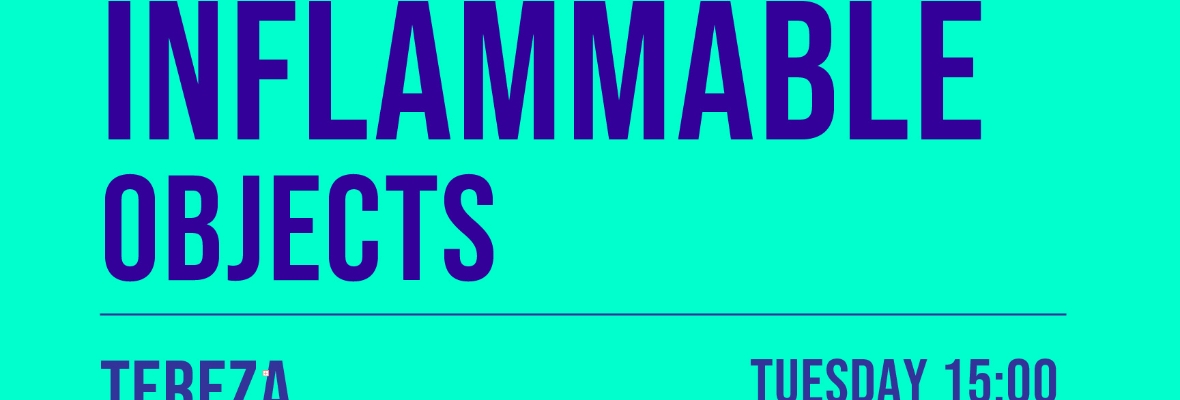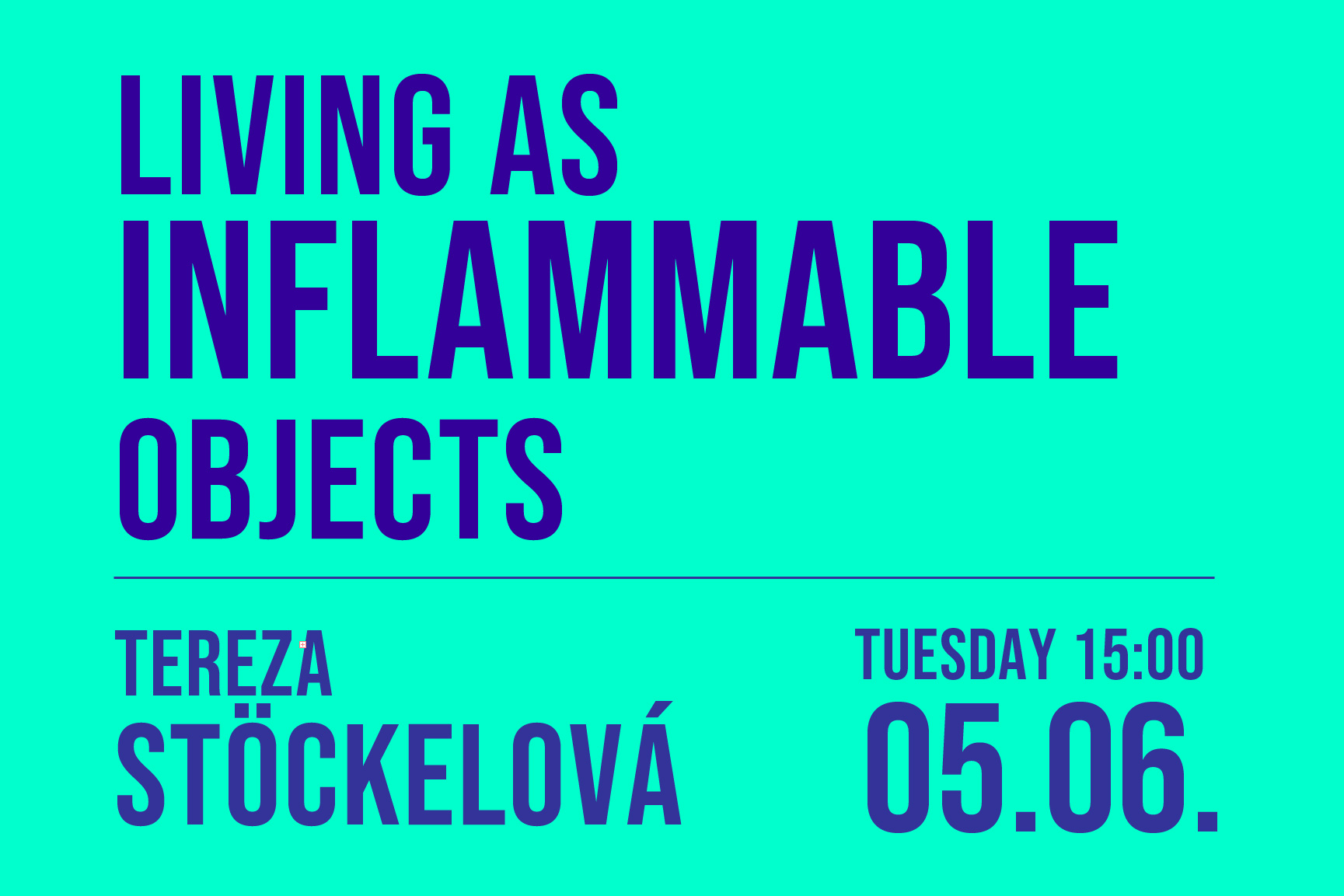
Living as Inflammable Objects
Living as Inflammable Objects
Tue Apr 29 14:11:32 CEST 2025
Seminar by Tereza Stöckelová on Tuesday 06.05.2025

The Department of Ecological Anthropology invites you to the upcoming seminar talk 'Living as Inflammable Objects: Exploring the temporality, topology, and biosociality of acute and chronic inflammation' by Tereza Stöckelová, Senior Researcher at the Institute of Sociology of the Czech Academy of Sciences and Associate Professor at Charles University. The talk will be in English. Please find the abstract and author biography below
The lecture will take place on Tuesday 06.05.2025 at 15:00 (CET) in the seminar room of the Institute of Ethnology CAS, Na Florenci 3, Prague 1. To attend in person or online, please register here.
Abstract: In the context of the metabolic turn in the social sciences and humanities, Hannah Landecker has recently drawn attention to inflammation, arguing that “the emergence of inflammation as a dominant theme in the biosciences in the 2010s is a distinctive historical formation whose contours provide an opportunity for sociologists to observe a shift in relations between social order and biological order (or disorder) in a period of anthropogenic planetary change” (Landecker 2024: 749). This paper introduces the notion of the “inflammable object” to conceptualize the contemporary planetary oscillation between “life as usual” and eruptions of emergency—viral, climatic, geopolitical—that push established systems beyond control. Drawing on STS work on fluid and fire objects (Mol and Law, 1994; Law and Singleton, 2005), I propose inflammability as a distinct ontological quality that escapes existing analytic frameworks. Building on my team’s ongoing research into metabolic health and anthropocenic technologies, the paper explores—through empirical detail—the temporality, topology, and biosociality of acute and chronic inflammation.
Bio: Tereza Stöckelová is a senior researcher at the Institute of Sociology of the Czech Academy of Sciences and an associate professor at Charles University. She specializes in the social studies of science, technology, and medicine. In her current research, she develops the concept of extended metabolism, engaging new, technologically mediated forms of biosociality and health, and examines the food and energy technologies shaping the emerging Anthropocenic condition of the Earth’s “critical zone”. She also serves as vice-chair of the World Commission on the Ethics of Scientific Knowledge and Technology, an advisory body to UNESCO.

